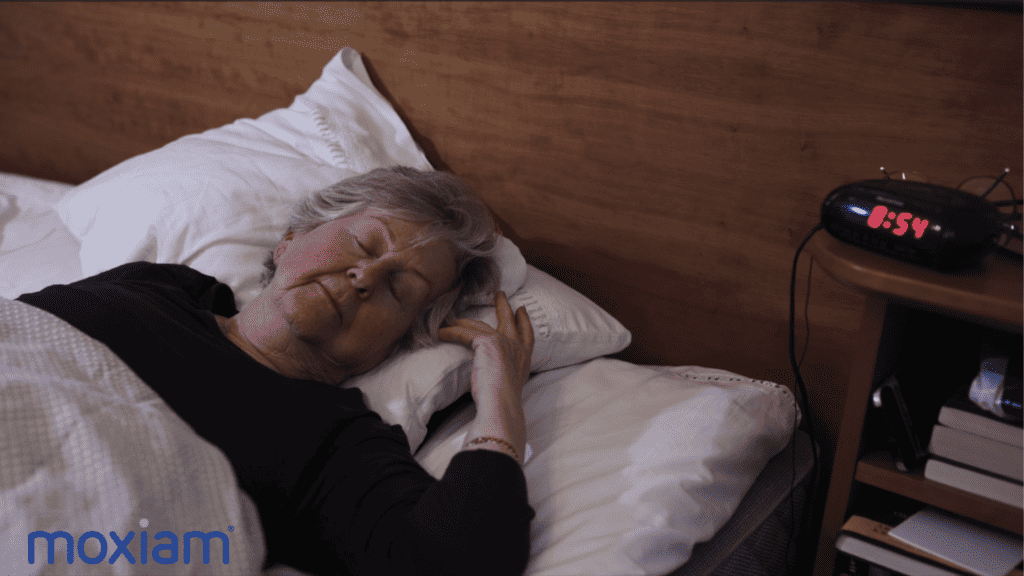As we navigate the complexities of our modern lives, one aspect that often takes a backseat is the importance of quality sleep. Sleep plays a crucial role in overall well-being, impacting physical health, cognitive function, and emotional resilience. In this article, let’s delve into the significance of sleep and explore some tips to ensure we enjoy restful nights for enhanced health and vitality.
The Importance of Quality Sleep for the elderly
Quality sleep becomes even more critical as we age. Older adults often face changes in sleep patterns, with issues such as insomnia, sleep apnea, and restless leg syndrome becoming more prevalent. Adequate, uninterrupted sleep is vital for maintaining optimal cognitive function, immune system strength, and emotional well-being.
-
Cognitive Health:
Research has consistently shown that sufficient sleep is essential for cognitive function. Inadequate sleep can contribute to memory loss, impaired decision-making, and a higher risk of cognitive decline. Encouraging a healthy sleep routine can significantly impact an elderly person’s cognitive abilities, promoting sharper thinking and better memory retention. -
Physical Well-being:
A good night’s sleep is essential for physical health. It allows the body to repair and rejuvenate itself, supporting the immune system and reducing the risk of chronic diseases. Adequate sleep also plays a role in maintaining a healthy weight, regulating hormones, and promoting cardiovascular health.
Tips for Improving Sleep Quality in the Elderly:
- Establish a Consistent Sleep Schedule: Encourage a regular sleep routine by going to bed and waking up at the same time each day. This helps regulate the body’s internal clock, making it easier to fall asleep and wake up naturally.
- Create a Relaxing Bedtime Routine: Implement calming activities before bedtime, such as reading a book, practicing gentle stretching exercises, or listening to soothing music. This signals to the body that it’s time to wind down and prepares it for restful sleep.
- Ensure a Comfortable Sleep Environment: Create a comfortable and conducive sleep environment by keeping the bedroom dark, quiet, and cool. Investing in a supportive mattress and pillows can also make a significant difference in promoting better sleep.
- Limit Stimulants and Technology Before Bed: Encourage the reduction of stimulants like caffeine and limit screen time before bedtime. The blue light emitted by electronic devices can interfere with the production of the sleep hormone melatonin, making it harder to fall asleep.
Conclusion – Quality sleep is a cornerstone of health and well-being, especially for our elderly population. By recognizing the importance of sleep and implementing simple lifestyle adjustments, we can contribute to improved cognitive function, physical health, and overall happiness for our seniors. Let’s prioritize sleep as a fundamental aspect of senior care, promoting a fulfilling and vibrant life at every age. For more background information, please click here.
Join us in Dreamland – Let us help you improving your nightly rest and activities during the day by giving you insights into your daily patterns.

